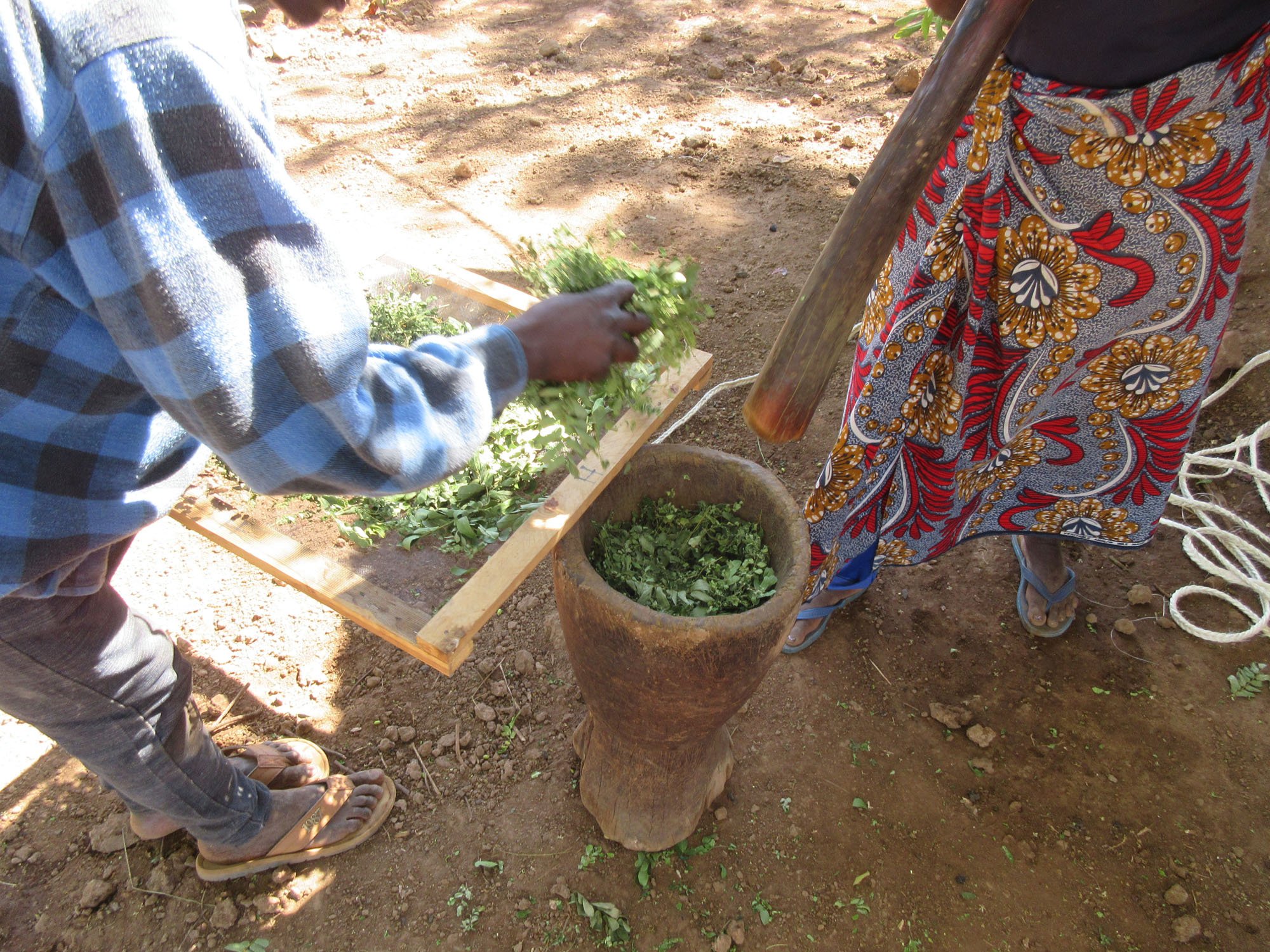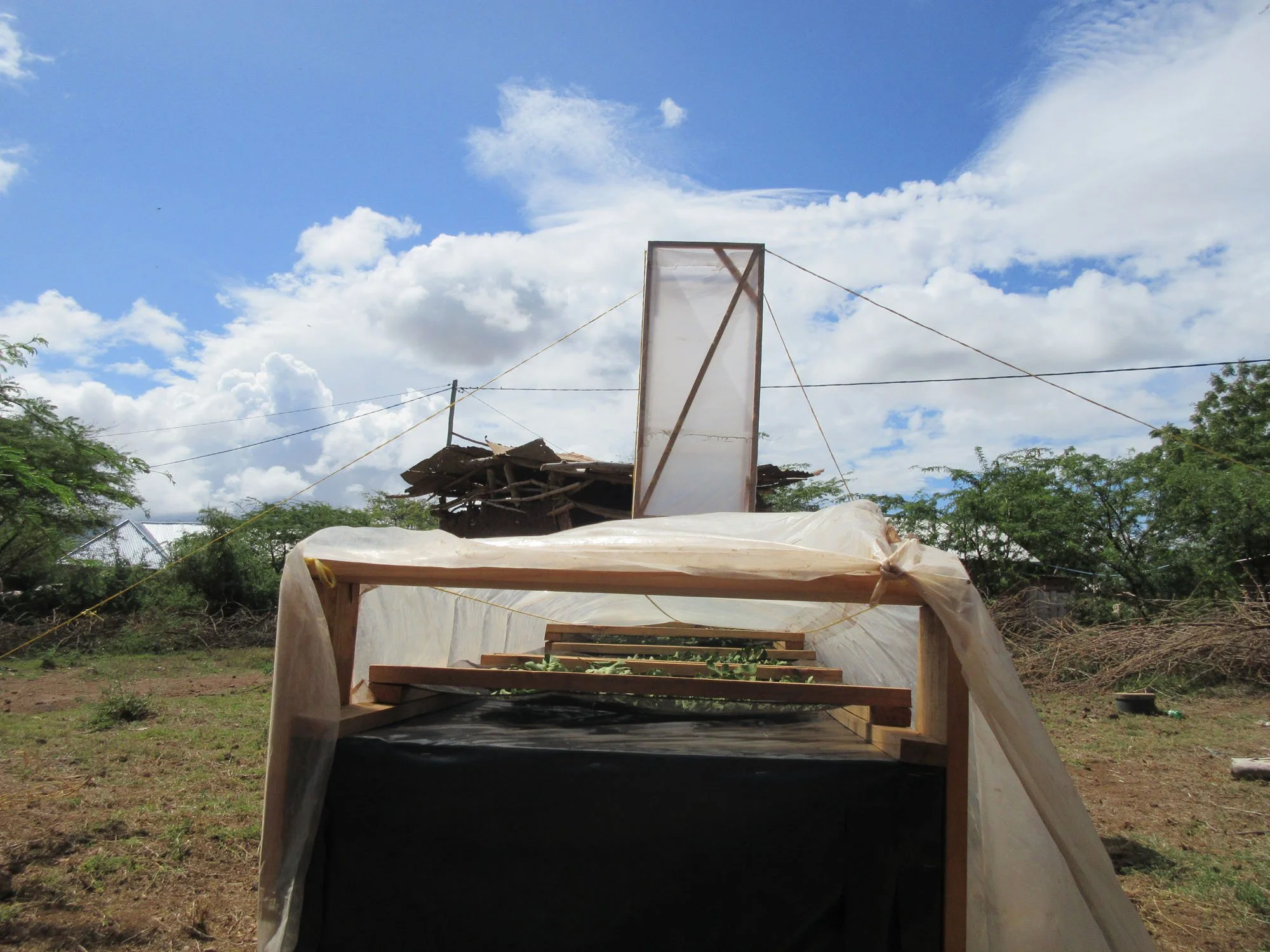Workshops Food Security
Why Food Security Matters for Education & Libraries
At Bookfeeding Project, we believe that food security and education go hand in hand. A child who is hungry or malnourished struggles to focus, learn, and retain information. Many of the communities we work with face challenges in accessing consistent, nutritious meals, which directly impacts their ability to benefit from school and library programs.
By introducing food security workshops in our libraries, we aim to:
Support Learning & Concentration – When children have access to nutritious food, they can focus better, stay in school longer, and actively participate in learning activities.
Encourage Community Engagement – Libraries become more than just spaces for books; they turn into hubs for knowledge-sharing about nutrition, farming, and sustainable food solutions.
Promote Self-Sufficiency & Livelihoods – Through workshops on mushroom growing, beekeeping, sun-drying food, and moringa enrichment, communities gain practical skills that help them feed their families and create small businesses.
Our libraries don’t just provide books; they serve as community learning centers where knowledge about food, health, and sustainability is just as important as literacy and numeracy. By addressing basic needs like nutrition, we create an environment where education truly becomes accessible and effective for all.
Food Security
In many of the communities where we work, refrigeration is rare, and access to a diverse, nutritious diet is often limited. To address this, we focus on food security and nutrition by helping communities preserve seasonal foods and incorporate nutrient-rich ingredients into their daily meals.
Our workshops are designed to extend the shelf life of food, reduce waste, and create new economic opportunities, all while ensuring that families—especially children—receive the essential nutrients they need. Depending on the geographical location and community needs we have already organised workshops on:
Sun-Drying Food
Nutrient Enrichment with Moringa
Mushroom Growing
Workshops and activities organised previously by some volunteers that we plan to include in regular workshops:
Permaculture/Agroforestry
Jam making
By combining traditional knowledge with practical solutions, these workshops help communities become more food secure, economically resilient, and better nourished throughout the year.
Our past workshops and projects:
Sun drying - Chimney Solar Dryer Construction
After a few versions of tables to sun-dry tomatoes, volunteers and the local community in Majengo, Tanzania have built a chimney solar dryer, which provides efficient drying of food products in various weather conditions. The dryer is already being used to dry moringa leaves and tomatoes, with the potential to expand to other local foods like mangoes or pineapple. The project aims to provide a source of income for the community by offering dried products for sale.
At the moment we are working on securing funds to be able to construct a packaging station, where the food can be packed and stored according to the local regulations and then sold to local shops.
We are also hoping to introduce more and new recipes using dried tomatoes, moringa and other foods to the community, so they can use it more effectively in their diets.
Mushroom Growing
Mushroom cultivation is a simple and cost-effective process that yields quick returns within three months. Mushroom farming is ideal for urban areas as it requires minimal space compared to traditional crops. Mushrooms are a nutritious, low-calorie food source, rich in proteins, vitamins, and minerals. This initiative addresses food security and provides a sustainable business opportunity, as mushrooms are in high demand in local markets, hotels, and restaurants. They can also be preserved through sun-drying or canning in a salt solution. Mushroom workshops are currently held in Kasese, Uganda. We are planning to expand to South Africa.
More information: download booklet
Moringa Introduction
Moringa, often called the "miracle tree," is an incredibly nutritious plant that grows well in Africa’s climate. Its leaves are packed with vitamins, minerals, and protein, making it a valuable addition to diets in communities where malnutrition is common. Moringa is especially rich in iron, calcium, vitamin A, and antioxidants, helping to improve overall health, strengthen the immune system, and combat nutrient deficiencies.
In many of the areas where the Bookfeeding Project works, diets are often lacking in diversity, leading to health problems, particularly in children. By incorporating moringa into porridge, bread, and other staple foods, we help boost nutrition levels in a simple and affordable way. Additionally, moringa is a drought-resistant plant, making it a reliable food source even in harsh climates.
So far we have launched a sun-drying project in Tanzania to ensure that its nutrients are preserved and available year-round. By using the same sun-drying techniques we apply to mangoes and tomatoes, communities can store dried moringa leaves for later use or even sell them as a small business opportunity.
Material
Mushroom growing booklet: download booklet













